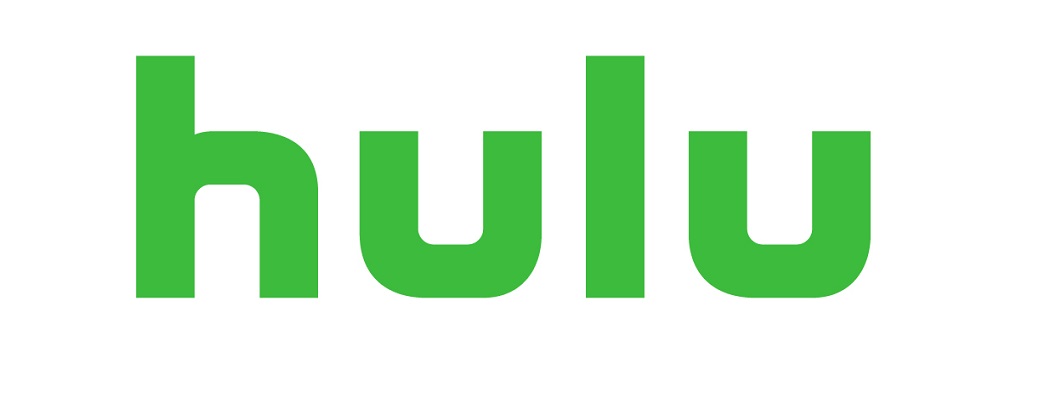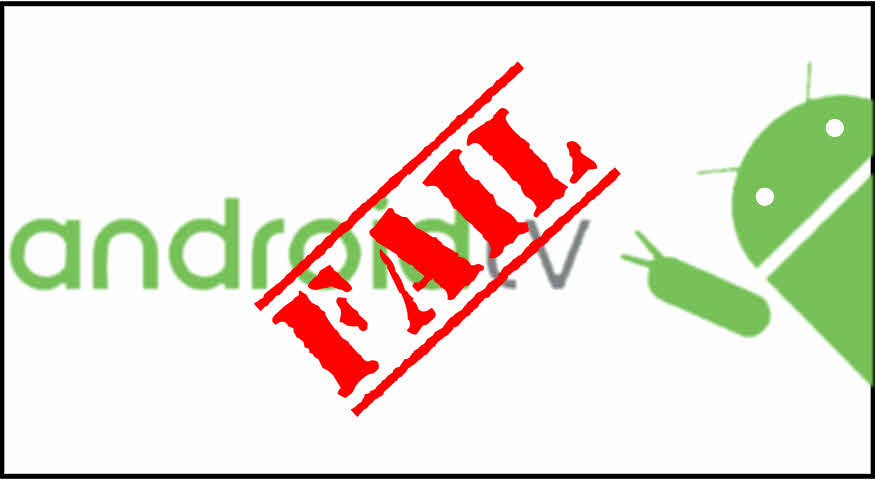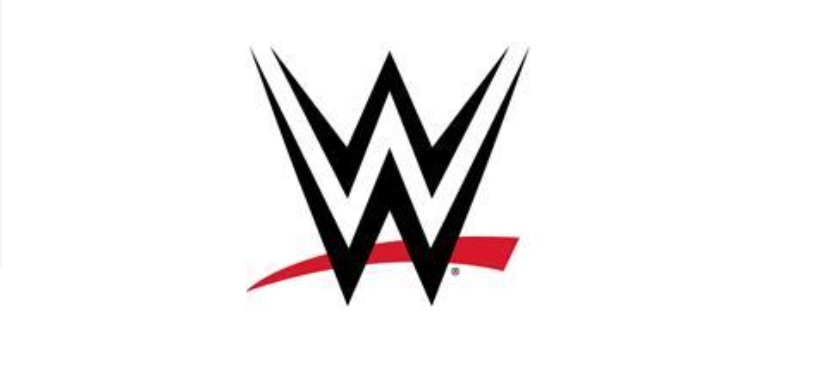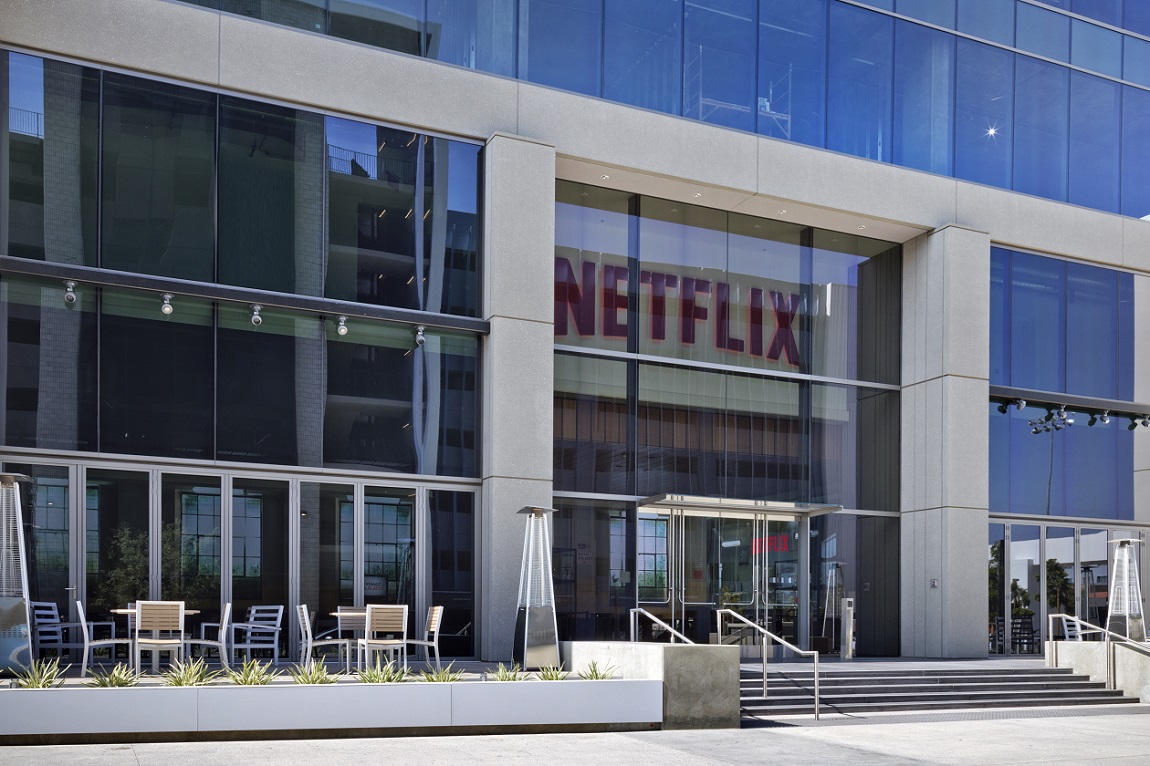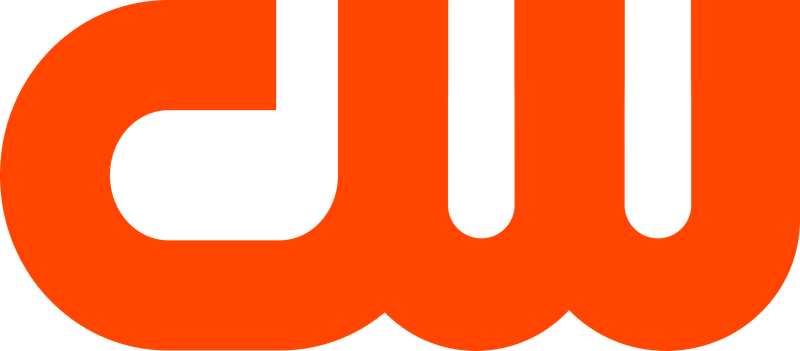The latest carrier issue in streaming, fresh on the heels of “the great Roku crisis”, is the announcement that Disney could pull its numerous channels which include ESPN’s channels, Free Form and ABC-owned affiliates off of YouTube TV. Will the channels get pulled? As with the YouTube TV/Comcast tug of war earlier in the year, probably not. At a moment when ESPN is losing viewers due to cord-cutting and YouTube TV is trying to further establish itself as a TV service neither needs the trouble of losing a key distributor or the most popular sports channels respectively. With the college bowl season approaching including the college football national championship 4-team playoff it would be catastrophic for YouTube TV to have fans decide to change services at the start of the year over it. And Disney knows that not every person out there cares to watch sports at all no matter what service they pay for.
But the thing is, to use a football analogy this is just the late 1st quarter of the game. Cable replacement services (AKA virtual MVPDs) are a very new thing in the TV world. Compared to YouTube’s traditional free app, and Hulu’s strictly on-demand service, Hulu with Live TV and YouTube TV are babies. Both companies got into the space later than entries like Sling TV, the now-shuttered PlayStation Vue, and of course (DirecTV Now/ATT TV NOW/ATT TV) WHY DO THEY KEEP CHANGING THE NAME?
Both services boast around 4 million subscribers and a very similar channel lineup. But one of them has something that the other can never have. And it’s not the unlimited DVR. It’s the fact that Hulu with Live TV is owned by the same company that owns ESPN.
There could come a time, especially once Disney owns Hulu 100% that it decides to take its ball and go home when it comes to ESPN and the many other incarnations of the channel, ESPN2, ESPNU, ACC Network, SEC Network, ESPN News, and ESPN3. At the moment all of the major cable replacement services offer ESPN-owned channels. Sling TV launched with Disney in tow, fubo TV only recently got in with the sports leader, YouTube TV has had the channels since its launch. While there are a few other services that do not offer it, they are intentionally free of sports so they will never factor into this conversation. The market for virtual MVPD services is still relatively small compared to the market for the branded on-demand streaming services like Netflix, Disney+, Hulu’s on-demand services and HBO Max. While the two live TV services boast 8 million combined customers Netflix has numbers in the hundreds of millions.
This will change over the next 10 years. Cord-cutting has been steady over the past 10 years. It has never been the giant swing that enthusiasts predict annually during this time of year but bit by bit the baby boomers are dropping cable, younger people are growing up without it. But for people who really want a bundle and do not want to overpay for it an antenna and a combo of on-demand services will not work. This is why there is such a large market for cable replacement services. and every year traditional TV services lose customers, each of them has the chance to swoop in and get them. At the moment though, they are not advertising that way.
Commercials for Sling TV, Hulu With Live TV, and YouTube TV are all over sports broadcasts now. As are commercials highlighting the ESPN app, which connects users to all of the network content they subscribe to including ABC sports content. What if Disney decided to do what AT&T did when it pulled HBO off of Sling TV and other services in favor of offering it as a perk on its own or encouraging people to sign up for it via its app? Instead of seeing a commercial about granny watching the big game on YTTV or Machete scaring you into watching ESPN on Sling TV, Disney could instead say, “Want all your favorite ESPN content, watch it exclusively with Hulu and the Disney Bundle along with ESPN+” Disney does not have to negotiate with ESPN. Every other TV service and cable company does. On the other hand, YouTube does not own any TV shows or TV networks, nor for that matter do Dish and fubo TV. The differences between the channel lineups of Hulu with Live TV and YouTube TV are negligible. A few of the key differences are that YTTV offers PBS and an unlimited DVR. But if the difference was that you could not watch Monday Night Football, college basketball and college football, Free Form’s Christmas marathons and more on YouTube TV, you could see a major change. Heck, Hulu has built itself into a market leader while playing nice. But as the hundreds of regional cable companies begin to transition to being Internet Service Providers (ISPs), there will be more and more people saying, well how will I watch my team now?
There is a coming arms race in this space. And YTTV does not actually have any weapons. Disney on the other hand is a superpower. VMVPDs will begin to aggressively reach out to telcos and TV providers looking for an in with their customers when they eventually/inevitably decide to shut down their TV services. And the thing that makes this all so high stakes is that, unlike those traditional providers, the streaming services are not limited by geography. Where ever you live, you probably have one major internet and TV provider. Maybe a fiber option or DSL alternative for the Internet along with satellite offerings like Dish and DirecTV. But Comcast does not try to scoop up customers from Spectrum or Altice because they are not in the same market. On the other hand streaming bundles can reach out to any customer anywhere. Disney is the only company that offers a comprehensive TV service, that also has a programming bundle to itself at the moment. It can advertise Hulu with live TV on every single thing it owns like political ads in a presidential election year. We have it, they don’t! And if it starts moving aggressively before the other major conglomerates figure out how to counter it, the next few years of rights negotiations may be very tough.

